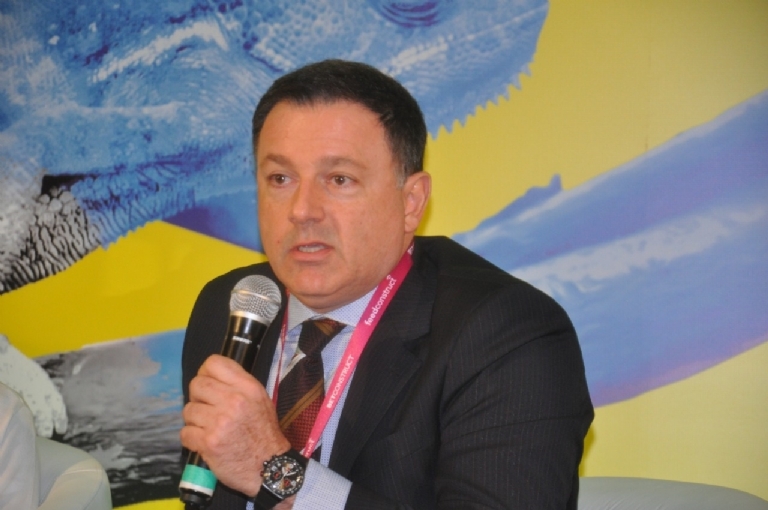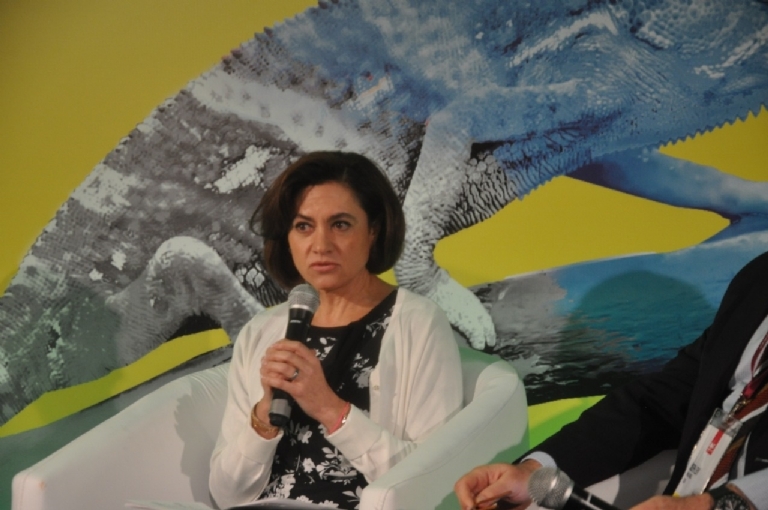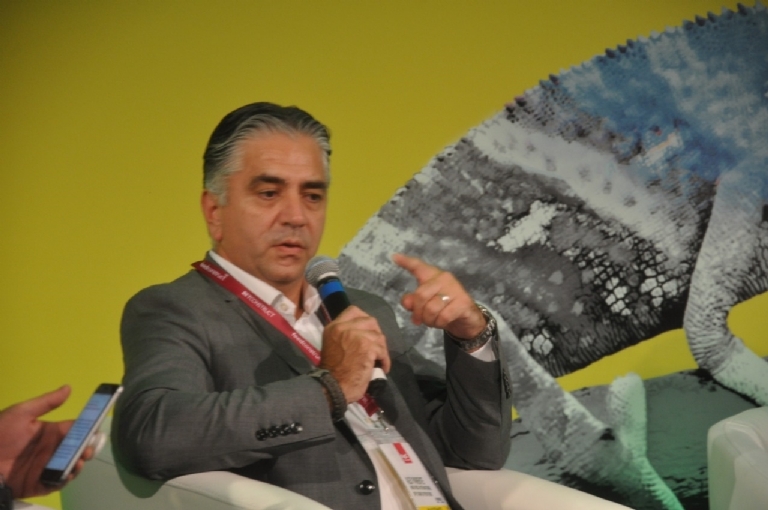

Joseph Levy, representing PMU, introduced the company, which has its headquarters in France and operates very successfully bets on horse racing. The executive made a point of showing the concern of his organization with the responsible gaming. "We have campaigns in France to identify and treat the compulsive gambler. Gaming is a playful activity and we try to show in the campaigns if there is any risk behavior from the ways in which the person deals with a particular bet," he explained. According to him, the company has been operating in partnership with the Brazilian Jockey Club and "it has been a good surprise to see how much we have grown in Brazil in the last three years."

At Hard Rock, the responsible gaming program is treated with great dedication in the company. "We try to train all our staff to identify risky behaviors. The use of artificial intelligence and other analytical networks allows us to get to know our customers better, which gives us the sensitivity to see if a customer is having problems with gaming or even if he risks entering this stage," explained Alex Pariente.
According to the executive, there are some signs that end up identifying players with problems. Especially those frequent customers could imply that a player is in trouble just because he always plays. This is not necessarily a risky behavior. “The problem is when the player presents attitudes that demonstrate lack of control," he said.
Cynthia Fragoso said that prevention is fundamental and that goes through knowledge. "When the player is educated on the issue of gambling and compulsion, he himself realizes that there are limits. We have shown them that there is self-exclusion as well as personalized care for rehabilitation," he said.

In the case of PMU, having thousands of points of sale, the identification is direct, since the clients are known by the affiliates, but also monitoring, in the case of big players, with account managers, for behavior analysis.
For Pariente, prevention is key. "We have a moral responsibility to protect our business from the protection of our customers. We need to identify any behavior that could compromise the health of our clients. And that goes for both the physical and online casinos," he said.

Cynthia said that the WHO has already mentioned new addictions related to technology and one of them is the person that can’t live without the cell phone. "As it turns out, the pathologies themselves are changing. Compulsive gambling was before compared to drinking addiction, but today the issue is treated differently because it involves more behavior in itself than a chemical addition."
In the case of horse races, it is an activity practiced by older people, which makes PMU very attentive to live behavior. "Online gambling in our industry already exists and is a palpable reality, but we have adopted the same behavior analysis practices," said Levy.
Overall, panelists agreed that while only 3% of bettors may have gambling problems, industry should follow serious policies and best practices linked to responsible gambling, as this will raise the confidence level of society for the activity.
Source: Games Magazine Brasil